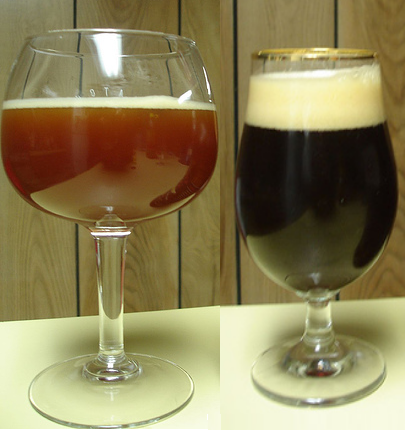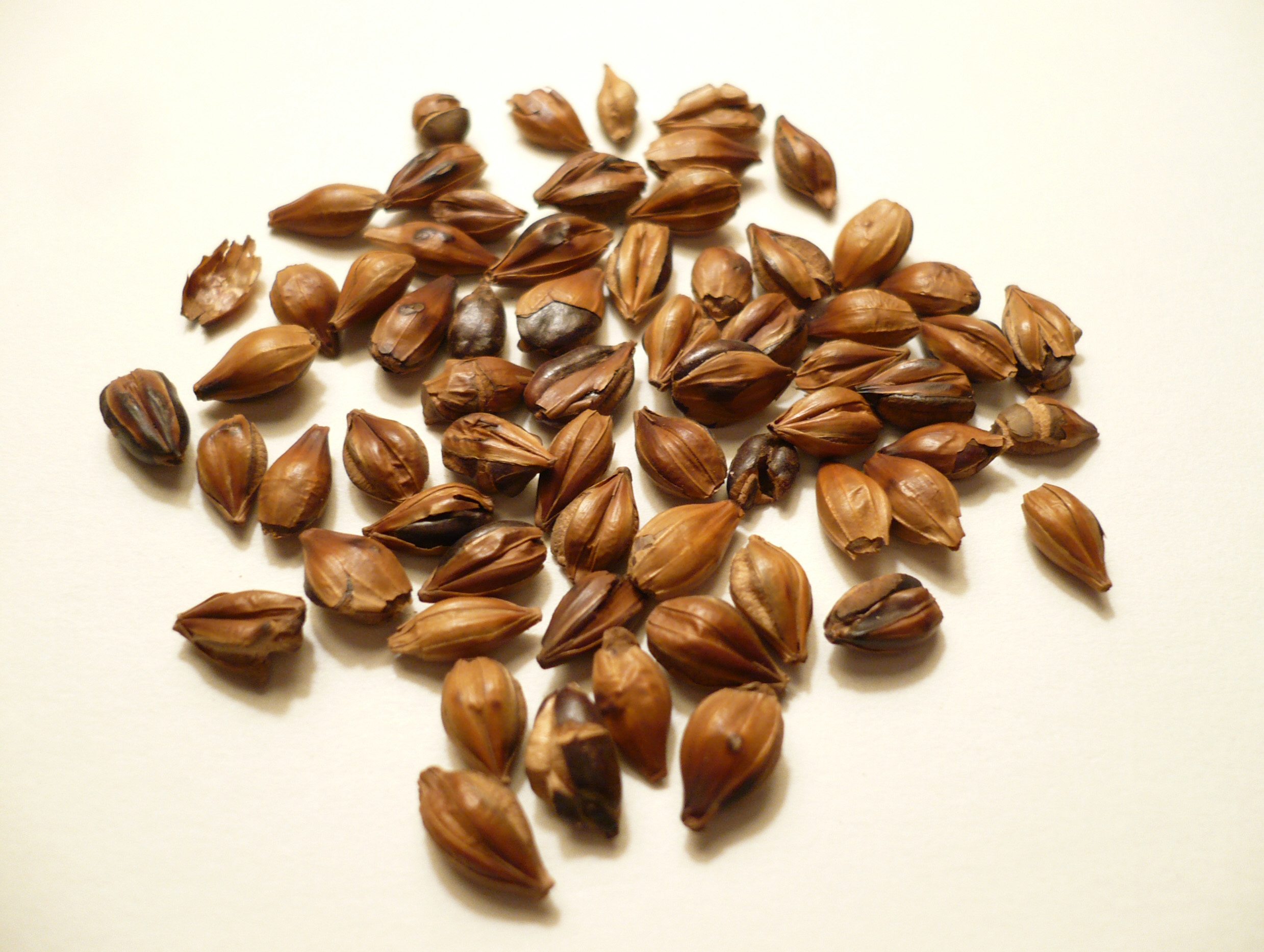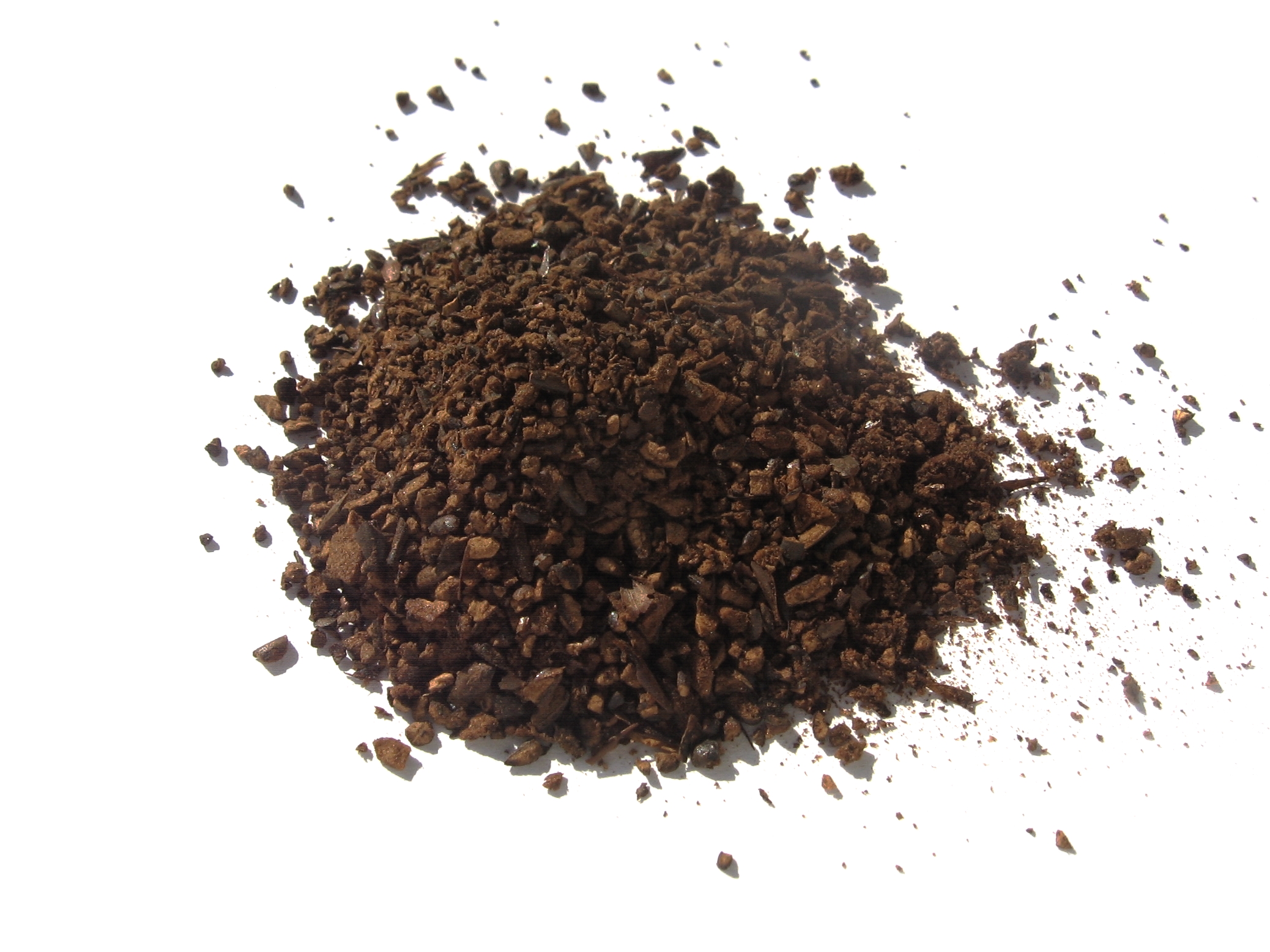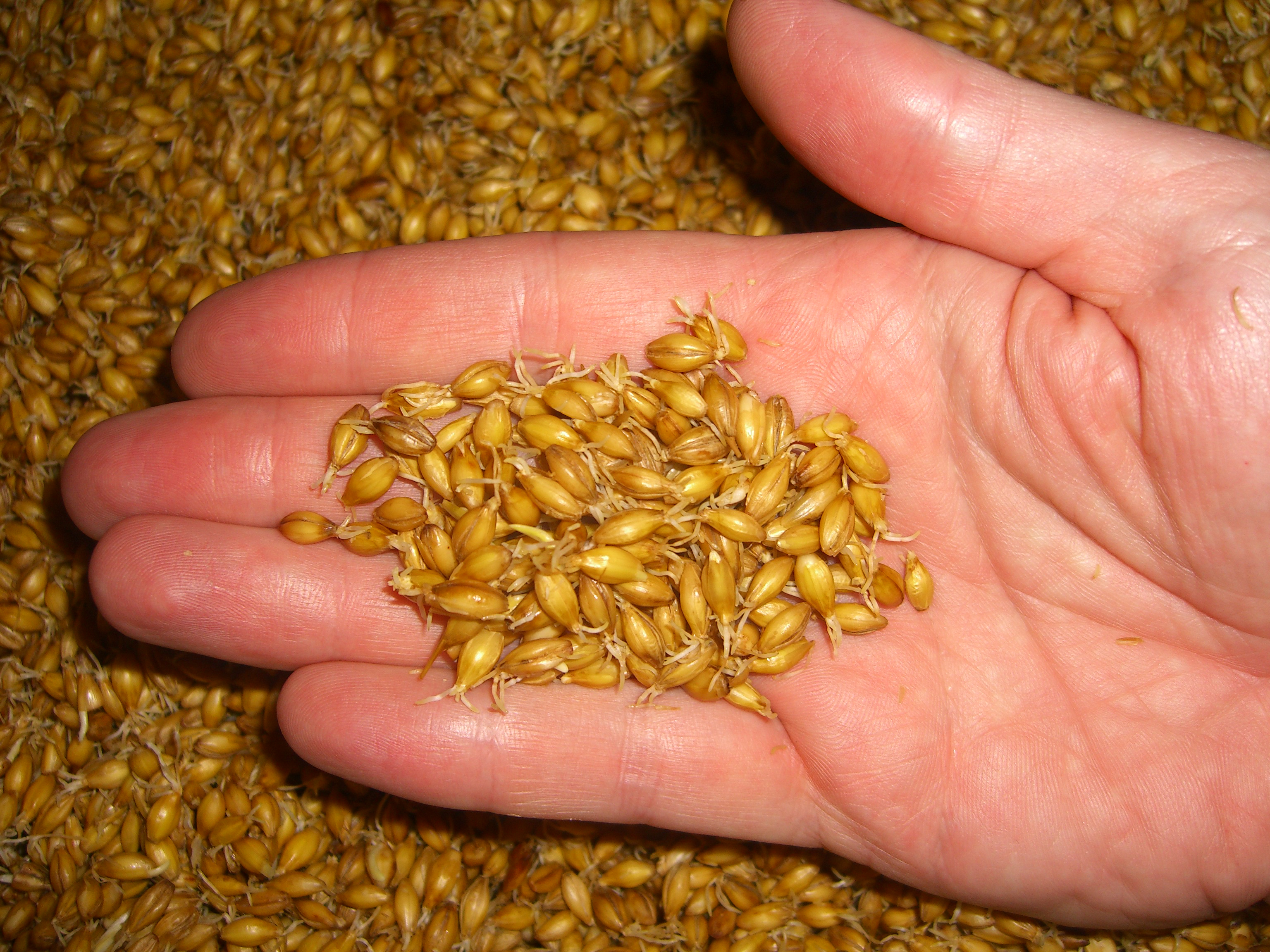|
List Of Barley-based Drinks
This is a list of barley-based drinks. Barley, a member of the grass family was one of the first domesticated grains in the Fertile Crescent and drinks made from it range from thin herbal teas and beers to thicker drinkable puddings and gruels. Barley has been used as a source of fermentable material for beer for thousands of years and whiskey for hundreds of years. Barley beer was probably one of the first alcoholic drinks developed by Neolithic humans. More recently it has been used as a component of various health foods and drinks. In 2016, barley was ranked fourth among grains in quantity produced (141 million tonnes) behind maize, rice and wheat. Barley-based drinks Traditional drinks * Barley milk * Barley water * Barley wine * Beer * Café de cebada * Caffè d'orzo (Coffee of Barley) * Emoliente * Malt drink * Malt liquor * Malt whisky * Malta (soft drink) * Malted milk * Pinol * Roasted barley tea * Talbina Commercial products * Amul Pro * Barleycup * ... [...More Info...] [...Related Items...] OR: [Wikipedia] [Google] [Baidu] |
Barley Wines
Barley (''Hordeum vulgare''), a member of the grass family, is a major cereal grain grown in temperate climates globally. It was one of the first cultivated grains, particularly in Eurasia as early as 10,000 years ago. Globally 70% of barley production is used as animal fodder, while 30% as a source of fermentable material for beer and certain distilled beverages, and as a component of various foods. It is used in soups and stews, and in barley bread of various cultures. Barley grains are commonly made into malt in a traditional and ancient method of preparation. In 2017, barley was ranked fourth among grains in quantity produced () behind maize, rice and wheat. Etymology The Old English word for barley was ', which traces back to Proto-Indo-European and is cognate to the Latin word ' "flour" (''see corresponding entries''). The direct ancestor of modern English ''barley'' in Old English was the derived adjective ''bærlic'', meaning "of barley". The first citation ... [...More Info...] [...Related Items...] OR: [Wikipedia] [Google] [Baidu] |
Roasted Barley Tea
Barley tea is a roasted-grain-based infusion made from barley. It is a staple across many East Asian countries such as China, Japan, Korea and Taiwan. It has a toasty, bitter flavor. In Korea, the tea is consumed either hot or cold, often taking the place of drinking water in many homes and restaurants. In Japan, it is usually served cold and is a popular summertime refreshment. The tea is also widely available in tea bags or bottled in Korea and Japan. Etymology In China, barley tea is called ''dàmài-chá'' (; ) or ''mài-chá'' (; ), in which ''dàmài'' (; ) or ''mài'' (; ) means "barley" and ''chá'' () means "tea". In Japan, barley tea is called ''mugi-cha'' (), which shares the same Chinese characters as Chinese ''mài-chá'' (; ), or ''mugi-yu'' (; ), in which ''yu'' (; ) also means "hot water". In Korea, barley tea is called ''bori-cha'' (), in which the native Korean ''bori'' () means "barley" and Sino-Korean ''cha'' (; ) shares the same Chinese character ... [...More Info...] [...Related Items...] OR: [Wikipedia] [Google] [Baidu] |
Roasted Grain Drink
A cereal coffee (also known as grain coffee, roasted grain drink or roasted grain beverage) is a hot drink made from one or more cereal grains roasted and commercially processed into crystal or powder form to be reconstituted later in hot water. The product is often marketed as a caffeine-free alternative to coffee and tea, or in other cases where those drinks are scarce or expensive. Several well-known cereal coffee brands are Nestlé Caro, Postum, and Inka. Other brands can be found at health food stores and at some grocery stores. Some common ingredients include toasted barley, malted barley, rye, chicory, molasses, and beet root. Use Asia Cereal coffee is popular in East Asian cuisines—Korea,Alex Jung"20 delicious Korean drinks" CNN.com, October 13, 2011. Japan, and China each having one or more versions (usually roasted grains simply steeped in hot water). * Barley tea (''bori-cha'', ''dàmài-chá'', ''mugi-cha'') * Rice tea ** Brown rice tea (''hyeonmi-cha'', ' ... [...More Info...] [...Related Items...] OR: [Wikipedia] [Google] [Baidu] |
Mash Ingredients
Mash ingredients, mash bill, mashbill, or grain bill are the materials that brewers use to produce the wort that they then ferment into alcohol. Mashing is the act of creating and extracting fermentable and non-fermentable sugars and flavor components from grain by steeping it in hot water, and then letting it rest at specific temperature ranges to activate naturally occurring enzymes in the grain that convert starches to sugars. The sugars separate from the mash ingredients, and then yeast in the brewing process converts them to alcohol and other fermentation products. A typical primary mash ingredient is grain that has been malted. Modern-day malt recipes generally consist of a large percentage of a light malt and, optionally, smaller percentages of more flavorful or highly colored types of malt. The former is called "base malt"; the latter is known as "specialty malts" . The grain bill of a beer or whisky may vary widely in the number and proportion of ingredients. For e ... [...More Info...] [...Related Items...] OR: [Wikipedia] [Google] [Baidu] |
Malt
Malt is germinated cereal grain that has been dried in a process known as " malting". The grain is made to germinate by soaking in water and is then halted from germinating further by drying with hot air. Malted grain is used to make beer, whisky, malted milk, malt vinegar, confections such as Maltesers and Whoppers, flavored drinks such as Horlicks, Ovaltine, and Milo, and some baked goods, such as malt loaf, bagels, and Rich Tea biscuits. Malted grain that has been ground into a coarse meal is known as "sweet meal". Malting grain develops the enzymes (α-amylase, β-amylase) required for modifying the grains' starches into various types of sugar, including monosaccharide glucose, disaccharide maltose, trisaccharide maltotriose, and higher sugars called maltodextrines. It also develops other enzymes, such as proteases, that break down the proteins in the grain into forms that can be used by yeast. The point at which the malting process is stopped affects th ... [...More Info...] [...Related Items...] OR: [Wikipedia] [Google] [Baidu] |
Coffee Substitute
Coffee substitutes are non-coffee products, usually without caffeine, that are used to imitate coffee. Coffee substitutes can be used for medical, economic and religious reasons, or simply because coffee is not readily available. Roasted grain beverages are common substitutes for coffee. In World War II, acorns were used to make coffee, as were roasted chicory and grain. Postum, a bran and molasses beverage, also became a popular coffee substitute during this time. During the American Civil War coffee was also scarce in the South: Coffee substitutes are sometimes used in preparing food and drink served to children, to people who believe that coffee is unhealthy, and to people who avoid caffeine for religious reasons. The Church of Jesus Christ of Latter-day Saints (LDS Church) advises its members to refrain from drinking coffee, as church doctrine interprets a prohibition against "hot drinks" to include coffee in all forms. The Seventh-day Adventist Church regards caffeine as ... [...More Info...] [...Related Items...] OR: [Wikipedia] [Google] [Baidu] |
Supermalt
Supermalt is a non-alcoholic, caffeine-free malt drink that was originally developed for the Nigerian Army in 1972. It has a high content of B vitamins, minerals and nutrients, and has a balance of carbohydrates that supposedly allow instant absorption. It is dark brown in colour and has a sweet flavour. Supermalt may be purchased in 330ml glass bottles, or cans, sold individually or in their respective six-packs. Supermalt is now produced by Royal Unibrew A/S in Denmark. It is most popular among the African and African-Caribbean community. Production Non-alcoholic malt drinks can be made by either the traditional brewing method, where barley is steeped into malt and then brewed into a creamy, rich consistency, or made like a soft drink by using malt extract. Supermalt uses traditional brewing skills for all its non-alcoholic batches. The main difference between non-alcoholic malt drinks and non-alcoholic beers is that malt drinks are usually sweet and always dark in color. The ... [...More Info...] [...Related Items...] OR: [Wikipedia] [Google] [Baidu] |
Robinsons (drink)
Robinsons is an English fruit drink brand owned by Britvic. Robinsons has a Royal warrant of appointment (United Kingdom), royal warrant from Charles III, the monarch and was an independent company until 1995 when it was acquired by Britvic. The Robinsons range includes Fruit Shoot, Fruit Squash, No Added Sugar Fruit Squash, Fruit & Barley, Barley water, Select and Squash'd; the range formerly also included Fruit Spring. For the Diamond Jubilee of Elizabeth II, Strawberry and Cream was added to the range. Robinsons sales for 2009 (across all its ranges) totalled £307 million in 2009. Robinson's has been the official supplier of drinks to The Championships, Wimbledon, Wimbledon tennis tournament, its barley water being conspicuous by its presence, and sponsored the championship fortnight from 1935 to 2022. Products Fruit Shoot Robinsons Fruit Shoot is a brand of fruit drink designed to appeal to children. The drinks are promoted as a supposedly healthier alternative to fizzy drink ... [...More Info...] [...Related Items...] OR: [Wikipedia] [Google] [Baidu] |
Ovaltine
Ovaltine (also known by its original name Ovomaltine) is a brand of milk flavoring product made with malt extract (except in the blue packaging in the United States), sugar (except in Switzerland), and whey. Some flavors also have cocoa. Ovaltine, a registered trademark of Associated British Foods, is made by Wander AG, a subsidiary of Twinings, which acquired the brand from Novartis in 2002, except in the United States, where Nestlé acquired the rights separately from Novartis in the late 2000s. History Ovaltine was developed in 1904 by chemist (1867–1950), in Bern, Switzerland, where it is known by its original name, Ovomaltine (from ''ovum'', Latin for "egg", and ''malt,'' which were originally its key ingredients). In 1927, the factory moved out to the village of Neuenegg, a short distance west of Bern, where it is still produced. Ovomaltine was exported to Kingdom of Great Britain, Britain as ''Ovaltine'' in 1909. A factory was built in Kings Langley, which too ... [...More Info...] [...Related Items...] OR: [Wikipedia] [Google] [Baidu] |
Inka (drink)
Inka is a Polish roasted grain drink. Developed in the late 1960s Inka has been produced in Skawina since 1971, a centre of coffee production since the early 20th century. Currently it is manufactured by GRANA Sp. Z O.O. While it was used in part as a coffee substitute to alleviate coffee shortages in the 1970s, Inka remains popular, in part because it is caffeine-free. It is exported to Canada and the United States as ''Naturalis Inka'' in packaging reminiscent of that used in Poland in the early 1990s. Inka is a roasted mixture of rye, barley, chicory, and sugar beet. Cereals make up 72% of the content and in the classic version there are no artificial ingredients or other additives. Additional varieties include supplements or flavouring. Inka is sold in the following varieties: * Inka Classic * Inka Pro-Health – fortified with additional magnesium. * Inka Flavoured – three varieties: with Chocolate, Milk (contains sugar), or Caramel * Inka Fibre * Inka Gluten ... [...More Info...] [...Related Items...] OR: [Wikipedia] [Google] [Baidu] |
Horlicks
Horlicks is a sweet malted milk hot drink powder developed by founders James and William Horlick. It was first sold as "Horlick's Infant and Invalids Food", soon adding "aged and travellers" to their label. In the early 20th century, it was sold as a powdered meal replacement drink mix. It was then marketed as a nutritional supplement and manufactured by GlaxoSmithKline (Consumer Healthcare) in Australia, Bangladesh, Hong Kong, India, Jamaica, Malaysia, New Zealand, South Africa, Sri Lanka, and the United Kingdom. It was previously in Kenya in the 2010s but was discontinued due to low sales. It is now produced by the Anglo-Dutch company Unilever through its Indian division. Horlicks in the UK is currently owned by Aimia Foods. On 3 December 2018, Unilever announced they were buying Horlicks Indian business for US$3.8 billion. The Horlicks UK business had already been sold in 2017 to Aimia Foods, a UK-based subsidiary of Cott Corporation. In Britain, Horlicks is commonl ... [...More Info...] [...Related Items...] OR: [Wikipedia] [Google] [Baidu] |
Caro (drink)
Caro is a brand of roasted grain drink, a caffeine-free coffee substitute made of roasted barley, malted barley, chicory, and rye. It is manufactured by Nestlé and was first introduced in West Germany in 1954. It is available throughout Europe as well as other markets including New Zealand and Australia. It is imported to the United States under the name Pero and sold in Spain as Eko. Caro is available as an instant powder or as Caro Extra in granulated form. The name "Caro" references the German word "Karo", the term for the diamonds playing card suit, as seen in stylized form in the product logos used in Germany and the United States, and in the Spanish product until the early 2000 when the branding was restyled. History The company's history goes back to the time of Frederick II, who imposed high taxes on coffee beans. The company's founder, Johann Heinrich Franck, found a coffee alternative in chicory, which was mixed with grain and roasted. In 1828 production started ... [...More Info...] [...Related Items...] OR: [Wikipedia] [Google] [Baidu] |






